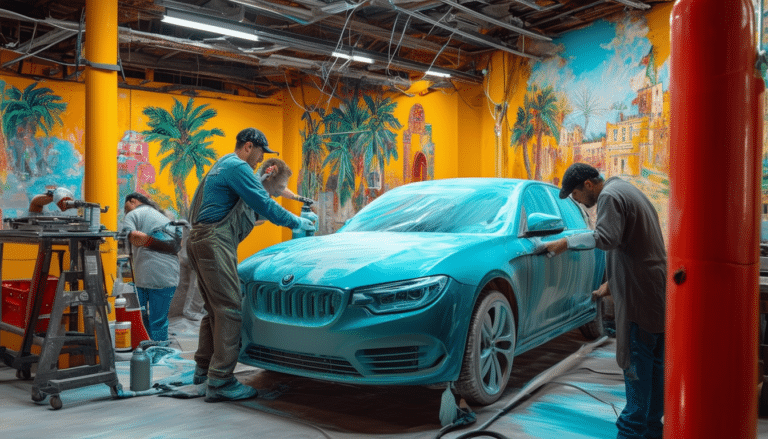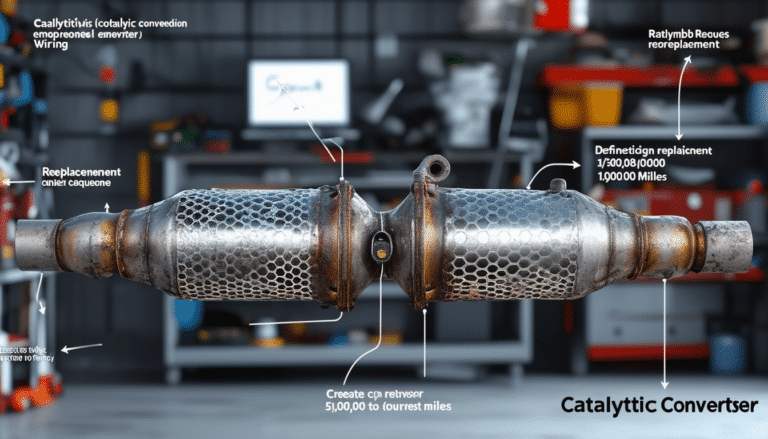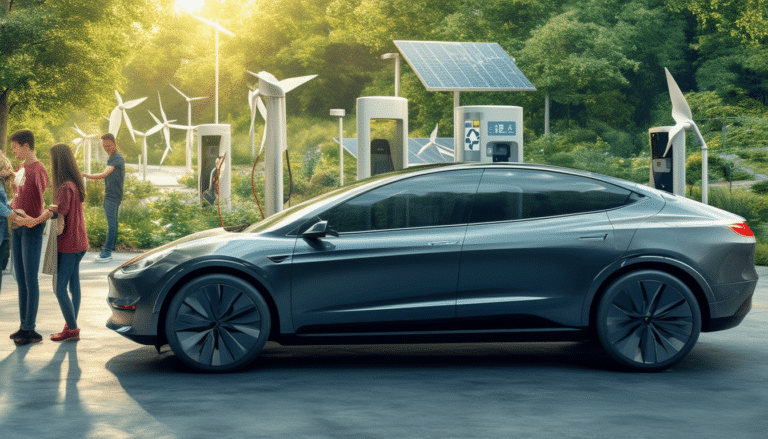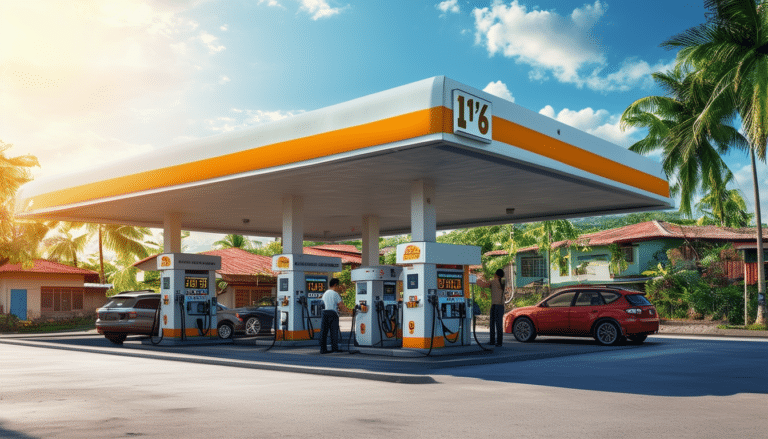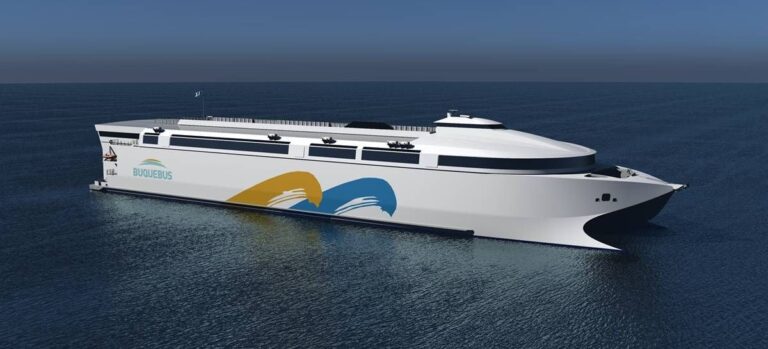En the world of motorsport, the nonconformist spirit loses its value
The world of motorsport finds itself at a crossroads, where the nonconformist spirit that has historically driven innovation and creativity begins to fade. In a sector characterized by its desire to push limits, conformity is gaining strength, relegating revolutionary ideas that once redefined the industry to the background. This phenomenon shows how traditional values prevail and how brands cling to certainties, while the true essence of motorsport passion is compromised by the search for safety and the status quo.
Currently, motorsport finds itself at a crossroads where innovation and the nonconformist spirit seem to be losing ground to established models and conservative approaches. As manufacturers cling to safer and more familiar alternatives, the question arises: what does it truly mean to be revolutionary in a sector that has historically been driven by competition and originality?
The impact of environmental regulations
The pressures to comply with environmental regulations have led many manufacturers to opt for a more conventional approach in their designs. The transition to electric and more sustainable vehicles is redefining the sector’s priorities. In this context, the nonconformist spirit, which once encouraged manufacturers to experiment with new technologies and bold designs, has been subjected to market logic and regulation.
The resistance to change
Despite the growing need for adaptation, several brands have chosen to follow well-trodden paths. This phenomenon is observable in brands like Renault, which after a setback in its innovation attempt, has returned to designs and concepts that are more easily acceptable to the public. Nostalgia has become a commercial tool, highlighting how the risk of innovation has been replaced by the safety of tradition.
The perception of motorsport today
The perception of motorsport today has changed radically. What was once considered a symbol of freedom and individuality has transformed into a mass-consumed product, where brands struggle to stand out amidst a sea of similar offerings. In this context, the value of differentiation has diminished, as consumers are increasingly willing to settle for what they already know.
Popular culture and the future of motorsport
The role of motorsport in popular culture is also evolving. New generations are exposed to an environment saturated with options, and originality is no longer the main criterion in their vehicle choices. Instead of seeking revolution, it seems that drivers themselves are contributing to an environment where conformity is the norm.
Toward an uncertain future
With this trend, the future of motorsport is in an uncertain position. Will the nonconformist spirit continue to be a driver of innovation, or will it be displaced by market and regulatory demands? What is certain is that the answer to this question will define the character of the sector in the coming years.
The loss of value of the nonconformist spirit in motorsport
In the current landscape of motorsport, the nonconformist spirit that has historically driven innovation and the evolution of the industry is in decline. The more established brands seem to opt for safe paths, focusing on proven designs and technologies rather than risking exploration of new frontiers. This phenomenon has led to a homogenization in the vehicle offering, where originality and creativity are relegated to the background.
Furthermore, the pressure to comply with strict environmental regulations and the trends towards electrification force manufacturers to align with established standards, which limits their capacity to experiment. As a result, motorsport moves away from its provocative and challenging essence, losing its appeal for those who seek not only a means of transport but a manifestation of individuality and freedom.

